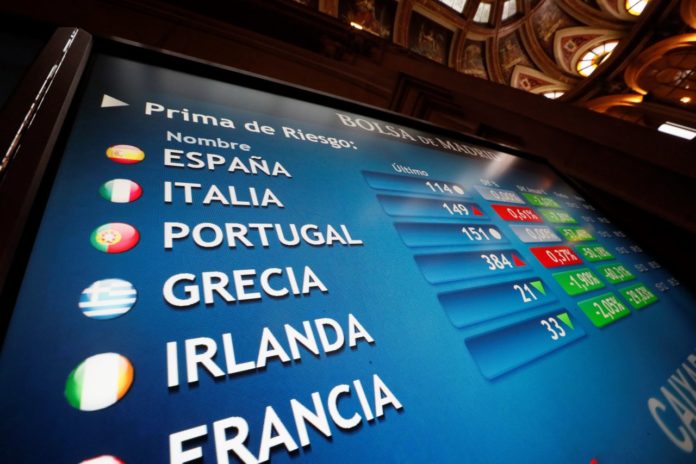The European Central Bank (ECB) held off raising interest rates Thursday for the first time in 15 months as evidence mounts of a deepening economic downturn in Europe and war clouds the outlook.
The ECB voted unanimously to keep the benchmark interest rate in the 20 countries that use the euro at 4%, its highest level since the launch of the currency in 19
The decision to pause after 10 consecutive rate hikes follows a series of data showing a continued decline in inflation and a further slowdown in economic activity.
The euro area economy “is likely to remain weak for the remainder of this year,” ECB President Christine Lagarde told reporters. “The risks to economic growth remain tilted to the downside.”
The war in Ukraine and the Israel-Hamas war could make businesses and households “less confident and more uncertain about the future,” dampening growth further, she added.
Energy prices, meanwhile, had become “less predictable in view of new geopolitical tensions,” Lagarde said.
Economy going ‘from bad to worse’
Europe’s economy is on a weak footing. A survey of euro area companies in manufacturing and services published Tuesday showed a steep decline in output. Companies cut jobs as a result, marking the first drop in headcount since the Covid-19 lockdowns of early 2021, according to the Purchasing Managers’ Index (PMI).
The index dropped to 46.5 in October, from 47.2 in September, a 35-month low. A reading below 50 indicates a contraction.
“In the eurozone, things are moving from bad to worse,” said Cyrus de la Rubia, chief economist at Hamburg Commercial Bank, which has partnered with S&P Global to produce the PMI data. “We wouldn’t be caught off guard to see a mild recession in the eurozone in the second half of this year.”
Germany, Europe’s biggest economy, may have already slipped back into recession after a brief recovery in the second quarter. Manufacturing output has been declining for months and October saw a renewed decline in services activity, according to a separate PMI survey.
“There is much to suggest that a recession in Germany is well underway,” de la Rubia said this week.
Separately, a survey of lenders published by the ECB Tuesday showed that demand for business loans and mortgages continued to fall sharply in the third quarter of the year and by more than banks had expected. The report also found that banks had continued to tighten credit standards across all loan categories.


















